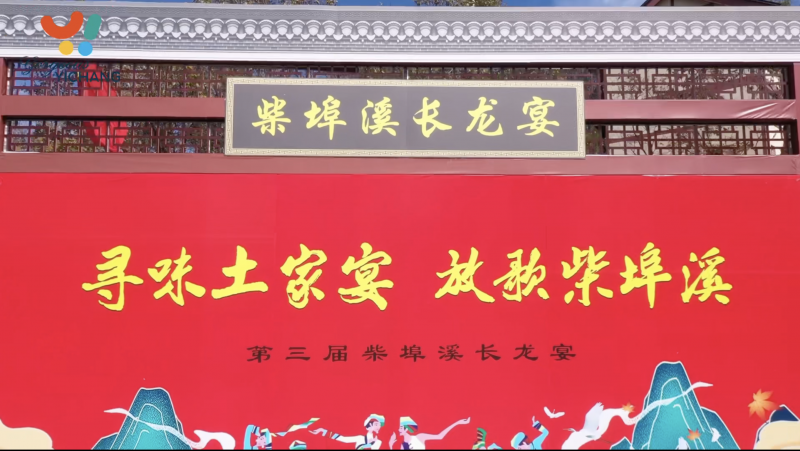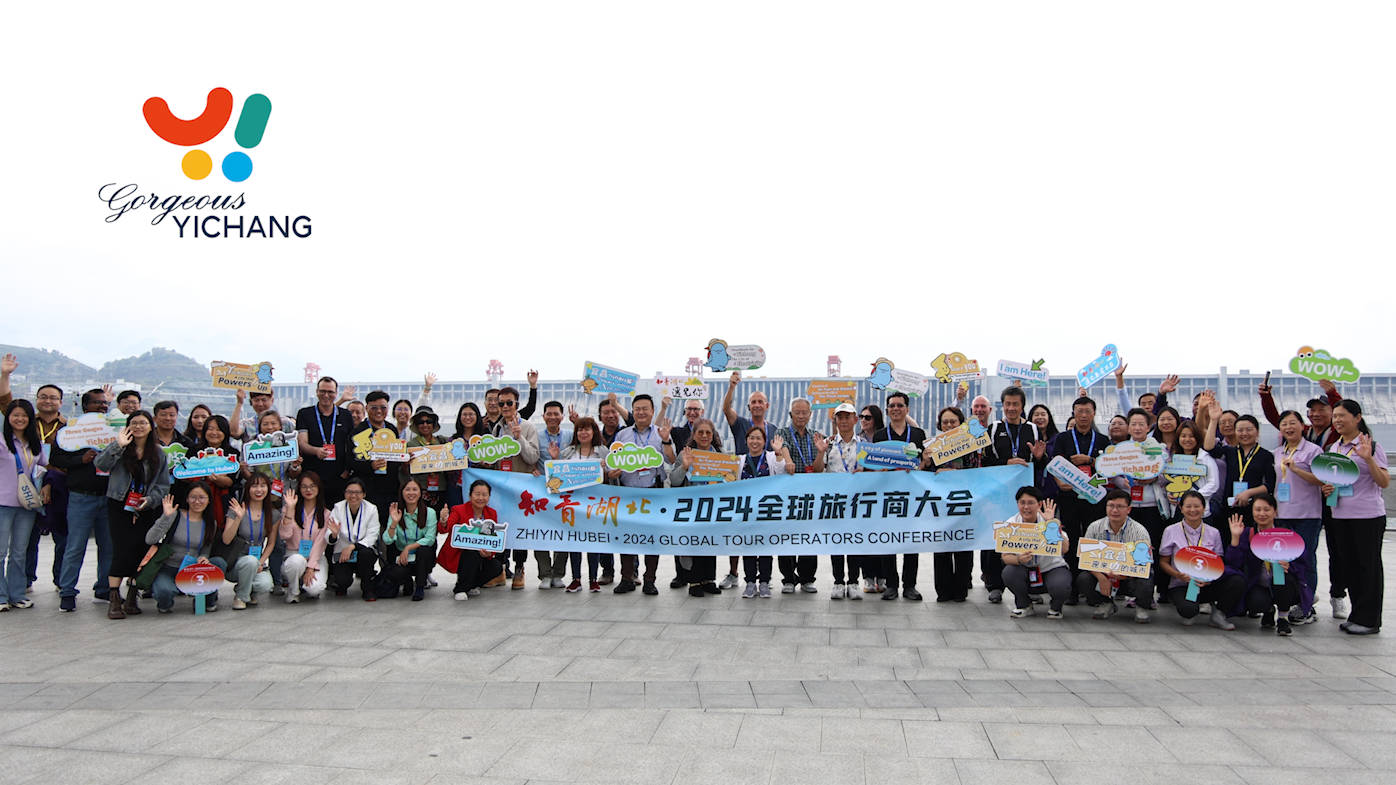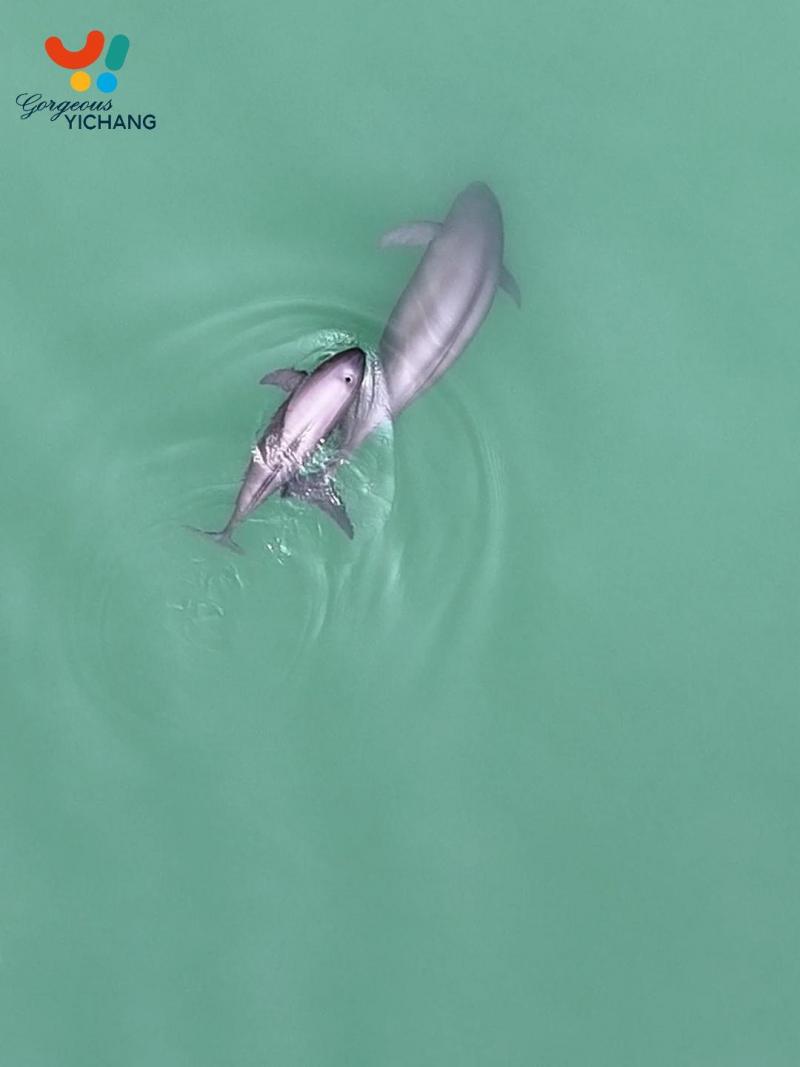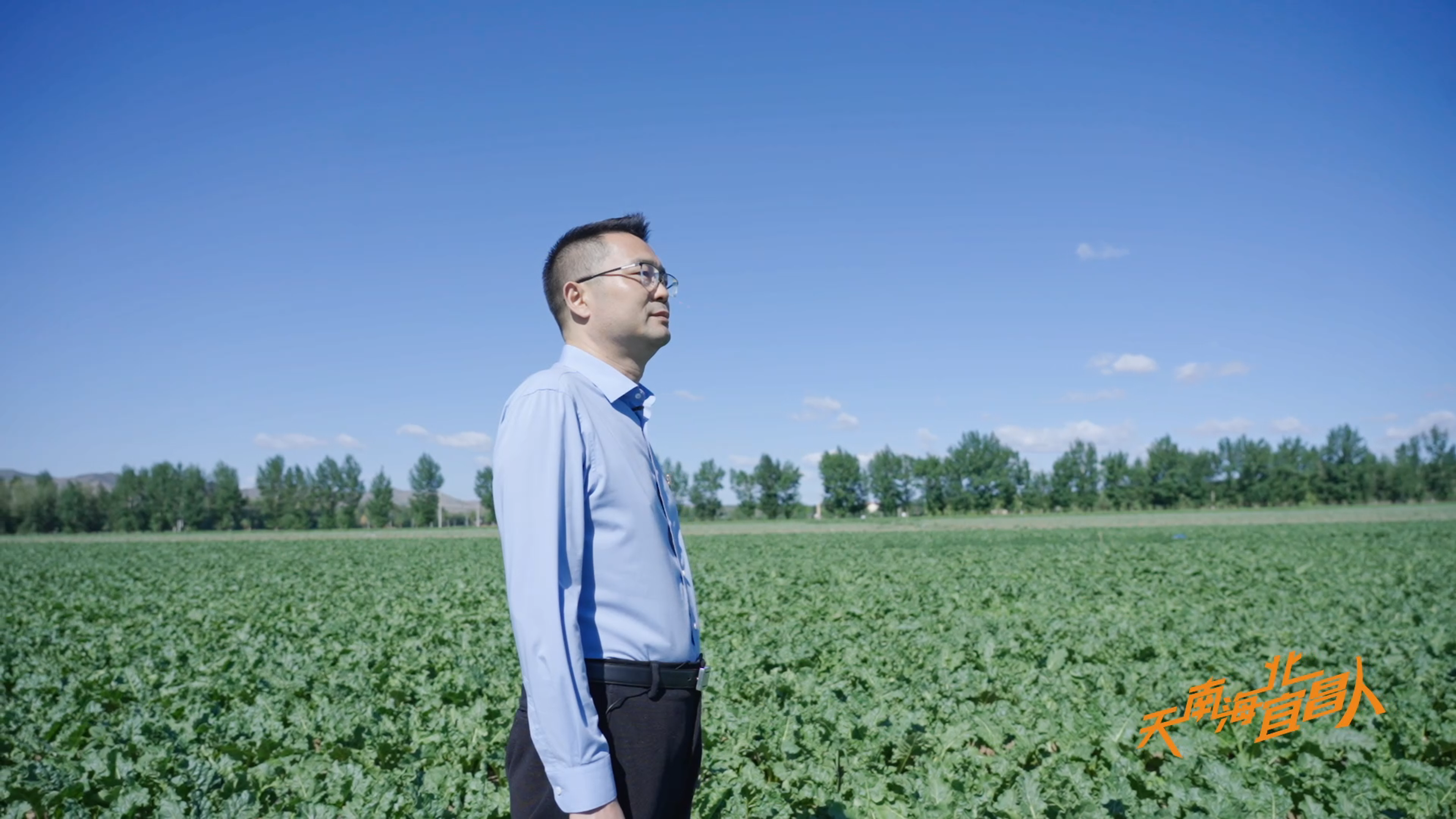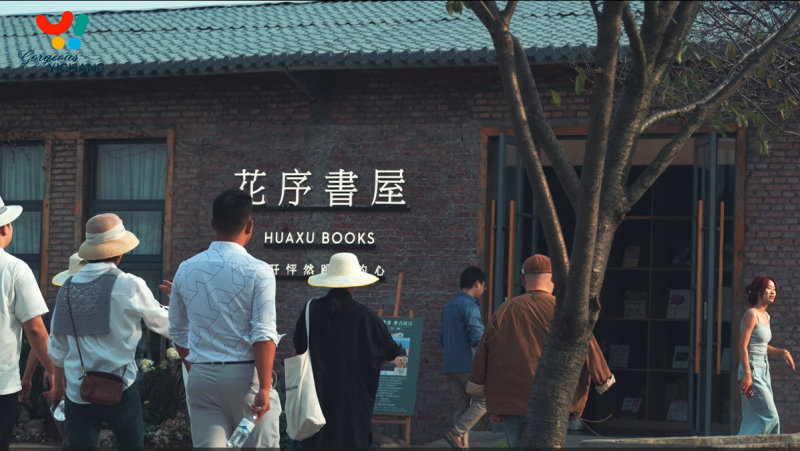“One Village, One Product” sparks Changyang economy
2024-01-05 21:01:04
By Ma Yuhan, Yichang International Communication Studio
Farming in mountainous areas has always been challenging. Steep slopes make it difficult to retain soil, water runoff is rapid, and temperature variations can be dramatic.
Changyang Tujia Autonomous County in western Hubei – more than 80 percent of which is mountainous – rises from 70 meters about sea level to a peak of 2240 meters.
Despite the challenging topography, in recent years the county has more than risen to the economic challenge. It has developed specialty agriculture, using a "One Village, One Product" approach to boost locals’ incomes.
Alpine vegetables from Qingshubao Village, tomatoes from Wenjiaping Village, and gardenia from Jinfu Village have all gained popularity in the domestic market.
Now 24 of Changyang’s 146 villages are posting annual income of over 100 million yuan (US$13.95 million).
Wenjiaping tomatoes
Perched in the hills at an altitude of 1200-1600 meters, Wenjiaping Village faced multiple difficulties with its vegetable farming. In 2008 the village began planting tomatoes on a large scale but prices remained low.
The turning point came in 2017 when villagers decided to install greenhouses and adopted water-drip irrigation and fertigation technology. Eventually they were able to breed 37 varieties of tomato.
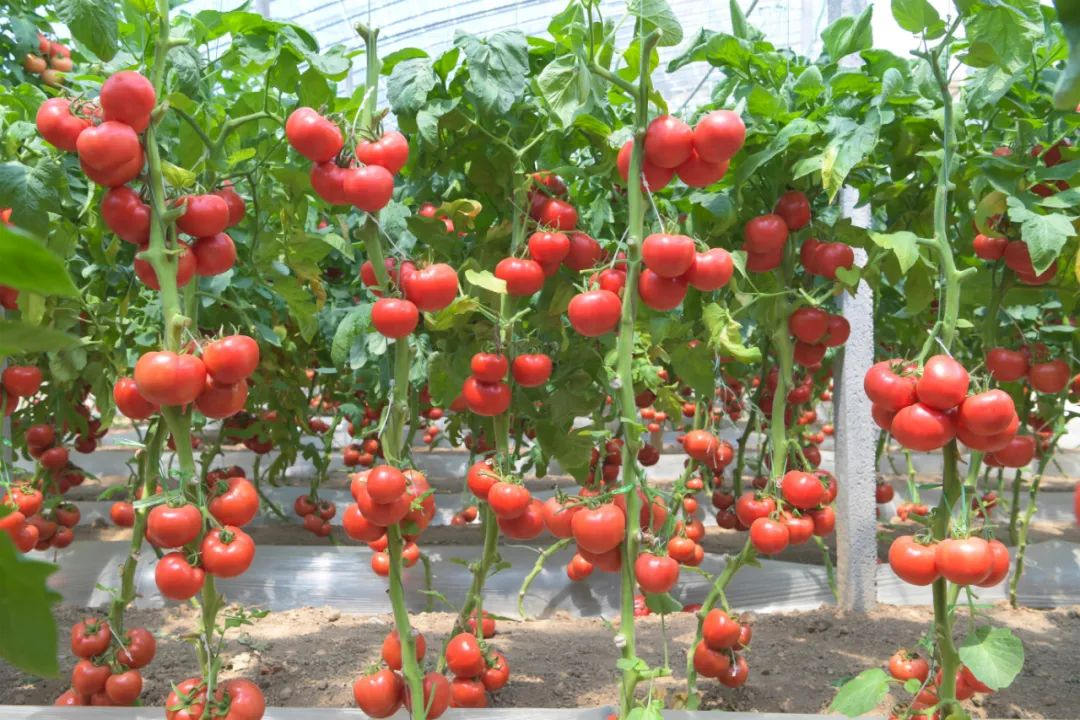
Constant temperature and humidity give the tomatoes a glossy skin, and the new technology reduces the use of pesticides. The greenhouses enable farmers to harvest their crop several times a year and also extend the season from July right through to November.
Buoyed by the popularity of its tomatoes, the village’s income in 2022 exceeded 200 million yuan, representing 400,000 yuan per household.
Jinfu Red Gardenia
Jinfu Village in Duzhenwan Town is known for its "Jinfu Red Gardenia," a species of gardenia highly appreciated in China.
These days fresh gardenia fruit sell at 8 yuan per kilogram. In 2023, gardenia fruit contributed 48 million of the village’s 113 million yuan of revenue. The Hubei Yujin Biological Science and Technology Company in Changyang extracts oil from the gardenia seeds, increasing the value of the fruit.
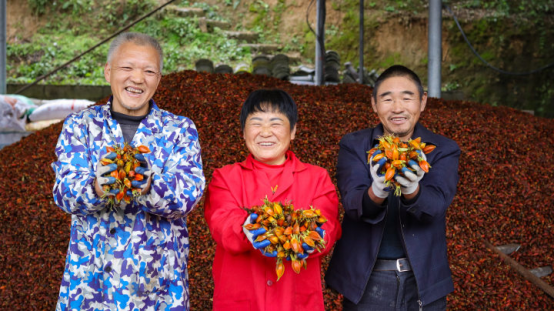
The farmers have also commercialized the gardenia flowers. The village has 10,000 mu (666 hectares) of land planted in green tea. By combining the single variety of green tea with gardenia leaves, Hubei Changyang Linjun Tea Professional Cooperative has been able to develop gardenia flower tea, boosting tea income to nearly 67,000 yuan per hectare.
Duzhenwan Town has established a distinctive tourism and sightseeing industry based on its Gardenia Flower Culture and Tourism Festival.
A gardenia industry that covers planting, processing, sales and tourism has transformed gardenia into a lucrative – and fragrant – source of income for the farmers.
Hubei Daily contributed the original Chinese story for this report.
Farming in mountainous areas has always been challenging. Steep slopes make it difficult to retain soil, water runoff is rapid, and temperature variations can be dramatic.
Changyang Tujia Autonomous County in western Hubei – more than 80 percent of which is mountainous – rises from 70 meters about sea level to a peak of 2240 meters.
Despite the challenging topography, in recent years the county has more than risen to the economic challenge. It has developed specialty agriculture, using a "One Village, One Product" approach to boost locals’ incomes.
Alpine vegetables from Qingshubao Village, tomatoes from Wenjiaping Village, and gardenia from Jinfu Village have all gained popularity in the domestic market.
Now 24 of Changyang’s 146 villages are posting annual income of over 100 million yuan (US$13.95 million).
Wenjiaping tomatoes
Perched in the hills at an altitude of 1200-1600 meters, Wenjiaping Village faced multiple difficulties with its vegetable farming. In 2008 the village began planting tomatoes on a large scale but prices remained low.
The turning point came in 2017 when villagers decided to install greenhouses and adopted water-drip irrigation and fertigation technology. Eventually they were able to breed 37 varieties of tomato.

Constant temperature and humidity give the tomatoes a glossy skin, and the new technology reduces the use of pesticides. The greenhouses enable farmers to harvest their crop several times a year and also extend the season from July right through to November.
Buoyed by the popularity of its tomatoes, the village’s income in 2022 exceeded 200 million yuan, representing 400,000 yuan per household.
Jinfu Red Gardenia
Jinfu Village in Duzhenwan Town is known for its "Jinfu Red Gardenia," a species of gardenia highly appreciated in China.
These days fresh gardenia fruit sell at 8 yuan per kilogram. In 2023, gardenia fruit contributed 48 million of the village’s 113 million yuan of revenue. The Hubei Yujin Biological Science and Technology Company in Changyang extracts oil from the gardenia seeds, increasing the value of the fruit.

The farmers have also commercialized the gardenia flowers. The village has 10,000 mu (666 hectares) of land planted in green tea. By combining the single variety of green tea with gardenia leaves, Hubei Changyang Linjun Tea Professional Cooperative has been able to develop gardenia flower tea, boosting tea income to nearly 67,000 yuan per hectare.
Duzhenwan Town has established a distinctive tourism and sightseeing industry based on its Gardenia Flower Culture and Tourism Festival.
A gardenia industry that covers planting, processing, sales and tourism has transformed gardenia into a lucrative – and fragrant – source of income for the farmers.
Hubei Daily contributed the original Chinese story for this report.

